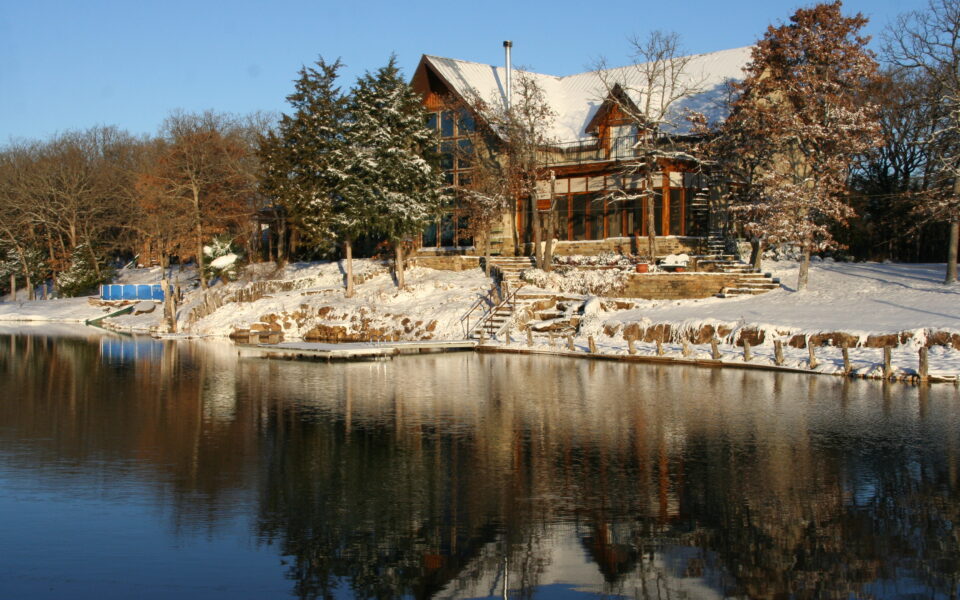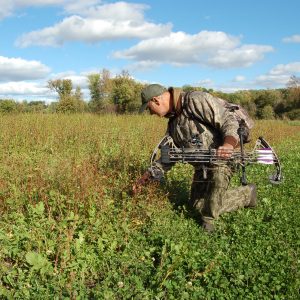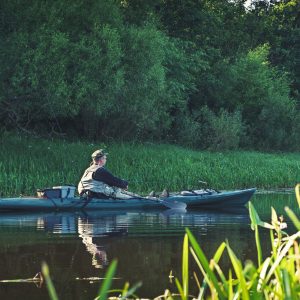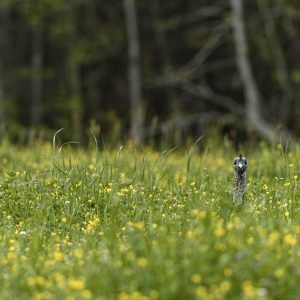Winter pond management. I spent time last fall with dear friends from upstate New York, driving through the Adirondacks, into New England, enjoying the mild weather and the stunning vivid colors of fall at their peak. Ponds were beginning to show their annual signs of winding down, preparing as ponds do, for winter. In that part of the nation, there are distinct seasons…spring, mild summer, fall, winter, winter and winter. Here in Texas, we have fall, spring, summer, summer and summer. It’s quite the contrast to our friends north of the Mason-Dixon Line.
Even in Texas, winter runs a gamut. At our home base near Lake Texoma, I remember a Halloween when we received six inches of snow. I also remember another where we had the air conditioning on. It could be pushing a temperature of zero in Amarillo while the Rio Grande Valley plays golf in shorts.
What does your pond do during winter?
For the most part, when compared to the balance of the year…they rest.
As the earth shifts on its axis, our days grow shorter and the temperature inevitably drops. When photo-period shortens, ponds respond. Most aquatic plants stop growing and some die and drop to the pond bottom. Ponds follow a parallel path as the rest of life above the waterline.
When plants stop growing, go dormant, and sink, young fish which were hiding are released. Predator fish, especially bass and other sunfishes, go on a feeding frenzy, themselves also preparing for winter.
So many natural things are coming together under your water as it prepares for the coldest of its cold, wherever it sits in the country. As the temperature drops, productivity declines. Insects mature, nymphs turn into whatever their destiny is, whether its dragonflies, damselflies or mosquitoes. The food chain is ripe to be picked…and that’s what happens. Nature feasts to prepare for the unproductive times ahead. Then, as the temperatures continue their annual journey lower, many creatures go dormant. Frogs bury, salamanders find their moist hiding places, water snakes go to their holes and get as deep as they can. Turtles seem to disappear to the pond bottom. Heart rates drop almost to the point of non-existence in all these cold-blooded creatures. Plants around your pond drop their leaves, much of which floats to the side, becomes water-logged and sinks.
By Nature’s design, water’s affinity for oxygen rises as the temperature drops, and not by coincidence, those new additions of organic stuff needs oxygen to begin to decompose. As that process begins, remaining insects that need to winter in the pond tend to migrate into this new found debris field, offering itself as food and safety.
What do your fish do during winter?
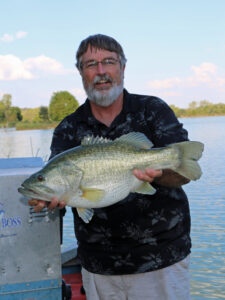
What about your fish? What do they do? Since those slick creatures are also cold-blooded, they slow down as well. They don’t stop, but they move less and tend to seek areas underwater when the temperature is best suited, where there’s cover and a safe place to suspend. While fish don’t really sleep, they certainly drop off into a trance-like state and sit perfectly still…unless disturbed.
Physiologically, fish don’t need to eat very often, so their tendencies are to feed, digest for several days and then eat again. Much of the food they intake during winter will go toward reproduction. Female bass develop their eggs mostly during winter months. They eat what they can, but if there’s not quite enough food, their bodies will use stored energy and proteins to fill those ovaries in preparation for next year’s spawn.
Can you catch fish during winter?
Sure you can catch fish during winter, if you know how. I can’t tell you how many times a good angler has told me, “Fish really, really slow…and when you think you’re fishing slowly enough, slow down a lot more.” And ice fishing is a very popular winter pastime where the lakes freeze-over.
Keep in mind that fish in our ponds and lakes are sluggish as you plot your strategy. That doesn’t mean a fish won’t offer a burst once you have it hooked. It will, because it’s taking issue with you, not winter.
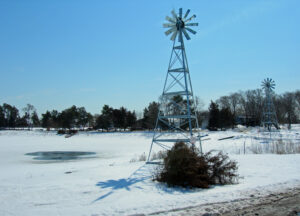 As you enjoy your pond this winter, keep a few things in mind. When you catch a fish, whether it’s a bass, a bluegill or catfish, handle it with wet hands. If handled with dry hands, the fish’s slime coat is compromised and during winter, fish can’t heal from these stressors nearly as well as they can during the warm months, when their metabolism is high. It’s distressing to see a fungus-covered handprint on a huge bass, floating near the boathouse three weeks after a fisherman caught, handled and released it. I’ve actually seen that several times.
As you enjoy your pond this winter, keep a few things in mind. When you catch a fish, whether it’s a bass, a bluegill or catfish, handle it with wet hands. If handled with dry hands, the fish’s slime coat is compromised and during winter, fish can’t heal from these stressors nearly as well as they can during the warm months, when their metabolism is high. It’s distressing to see a fungus-covered handprint on a huge bass, floating near the boathouse three weeks after a fisherman caught, handled and released it. I’ve actually seen that several times.
Don’t lift a big bass by its lower lip. Heavy weight of a big fish out of water tends to dislocate its jaw. Imagine if someone picked you up by your jaw…
In the deepest of winter, trees around the pond are dormant, reptiles and amphibians are nowhere to be seen, spring peepers and tree frogs have long since stopped their night time sounds and are in hiding until spring offers better days.
Plants are dormant, some die back, others just fall to the bottom until favorable temperatures awaken their natural instincts to grow and survive. Water does what it does, offering as much oxygen as it can. Microbes have backed off; plankton has died and sits in a thin layer on the pond bottom, interfacing with soils, like a blanket ready to change to something else. Fish are making the best of what they are offered.
What can you do to help your pond or lake during these winter months?
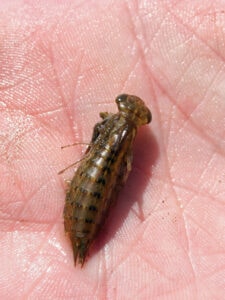 The number one thing is to improve habitat. As goes the habitat, so goes what lives in it. Set the stage for spring by adding structure.
The number one thing is to improve habitat. As goes the habitat, so goes what lives in it. Set the stage for spring by adding structure.
When evaluating a pond, the first thing to investigate is water. Clean water is healthy water. Next is habitat. It takes ten pounds of baitfish for a game fish to gain a pound, and if your pond is lacking habitat, now is a good time to fix it. Bait fish need habitat just as all fish do. Add brush piles, Christmas trees, and artificial structures. Organic matter breaks down over time. Christmas trees last two to four years under water before breaking down to the trunk and biggest limbs.
There are artificial habitat products on the market like Mossback Fish Habitat that last forever. We like those. It’s a lot of work putting new trees out every three or four years, why not just do it once?
Where to put new structure in your pond?
Place structure off of points, in water 6-10 feet deep (for bass); with the tops under water three to five feet. It seems every angler alive loves to add structure for their favorite fish, especially bass fishermen. But, don’t forget about the fish they eat. For bass lakes, bluegills are the backbone of the food chain. So, add dense structure, such as Mossback Safe Havens, for bluegills to be able to hide.
Density is important. For a fish population, having an under-water community is a key to long term success, so spend time making sure you have clusters of new habitat. If your pond lacks spawning beds for bluegills, add some gravel in shallow water. Put it six to eight inches thick in water ranging from a foot to three feet deep. Your pan fish will thank you. So will those youngsters who learn to fish in your waters next spring and summer.
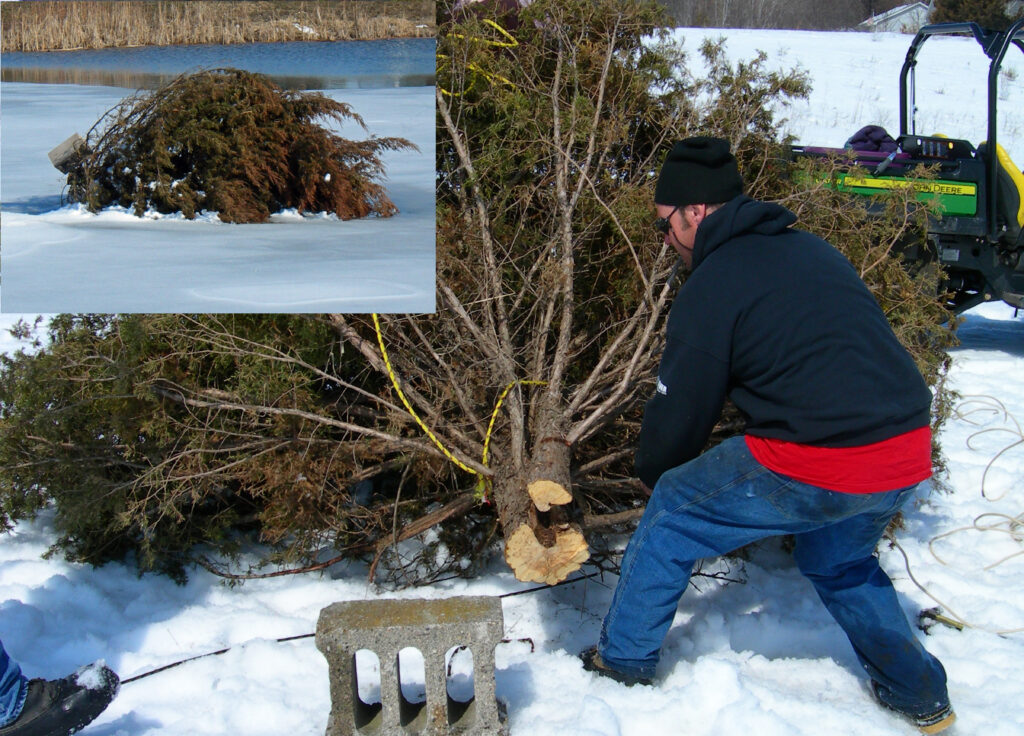
With healthy water, improved habitat and a healthy food chain, your pond will have the ingredients to succeed. Winter months are a great time to test your water through a good lab, and improve your habitat to set the stage for next spring’s spawn and your pond’s most productive time of the year.
OK, so although your pond doesn’t really sleep, it certainly rests and takes a break to catch up from three other seasons of production. That’s nature’s way.

